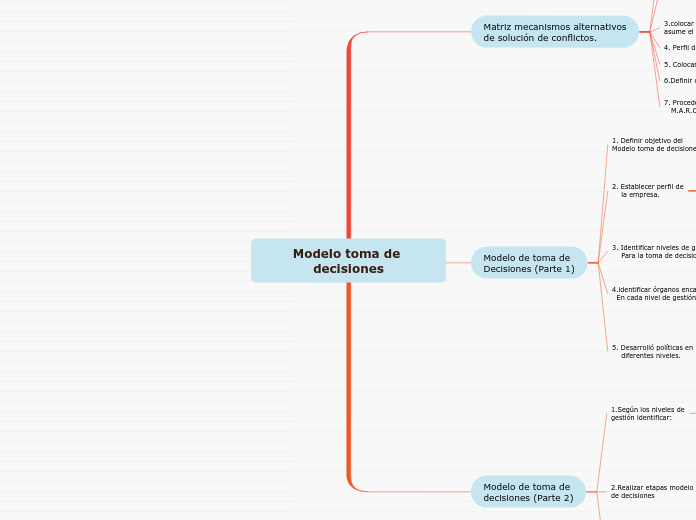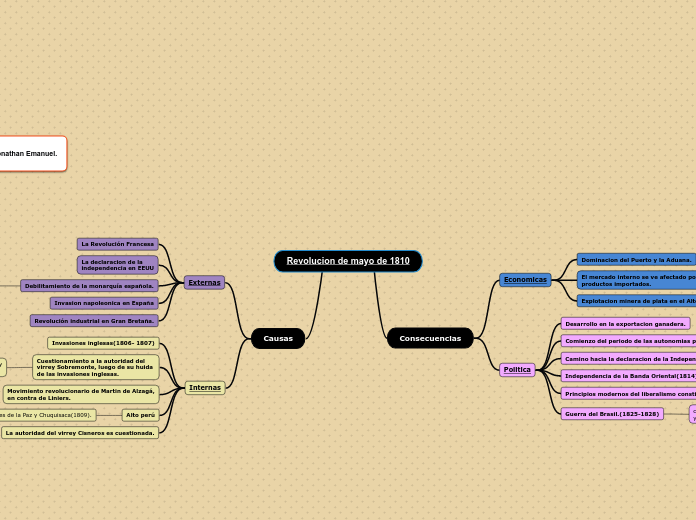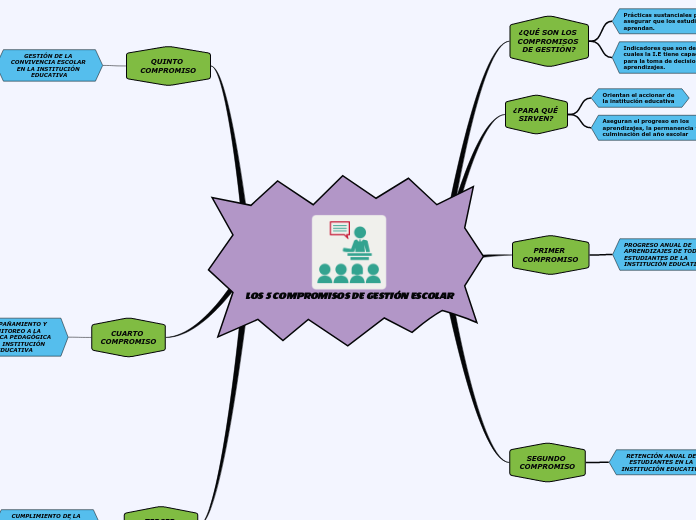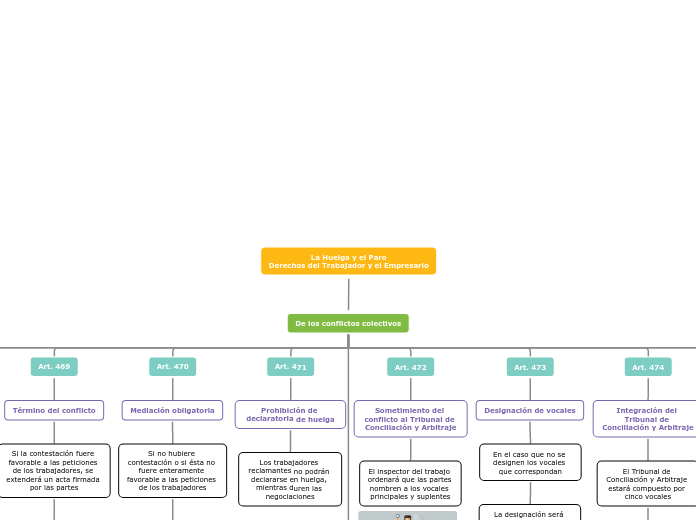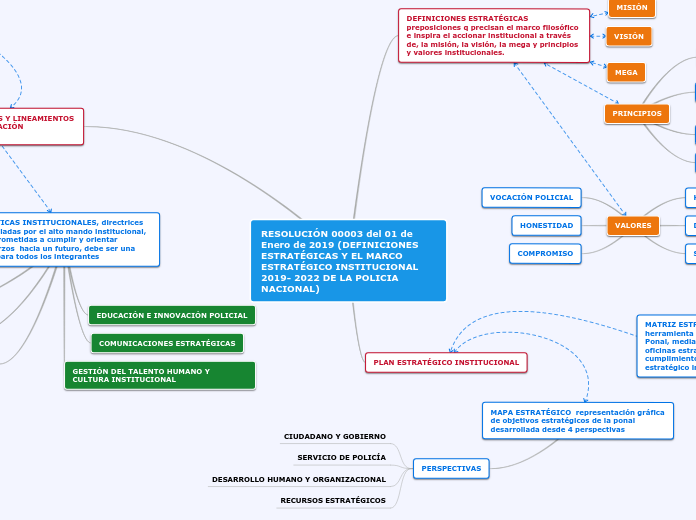Modelo toma de decisiones
To name your story, you have to think about the overall message and what you want your audience to understand from the story. Also, make it relevant and easy to remember.
Modelo de toma de
decisiones (Parte 2)
The ending of a story is essential. We all know that if the ending is weak, what happened before loses its importance. So make it unpredictable, but fair. A resolved ending answers all the questions and ties up any loose threads from the plot.
3. Vigencia
Respecto a todo el modelo
de toma de decisiones.
2.Realizar etapas modelo
de decisiones
This is the closure section of the story.
See examples of possible outcomes below:
- all problems have been solved
- it's clear how each one of your characters ends up
- your main character is transformed by the challenge
revision
Periodo de revisión según la medida adoptada.
implantación
Se desarrollan las acciones de la alternativa alegida para solución el conflicto.
Decisión
Se tomará una decisión según las alternativas con los criterios planteados.
selección
Try answering these questions in order for you to come up with a closure:
- Have all problems been solved?
- Is it clear what happens with all your characters in the story?
- Has the challenged transformed your main character?
- How do the characters feel in the end?
Criterios a tener en cuenta para seleccionar la alternativa
diseño
Se realizan varias políticas como alternativas para la solución
inteligencia
Try answering these questions to come up with a closure:
- Have all the problems been solved?
- Is there a clear picture of what happens with each character in the story?
- Has the challenge transformed your main character?
- How do the characters feel in the end?
Se identifica y se define el conflicto
1.Según los niveles de
gestión identificar:
This is the moment when the main character surpasses the last obstacle and finally faces their greatest challenge.
The climax usually follows one of these patterns:
- realization
- resolution
- choice
Type in your answer.
órgano interno y/o externo
según los niveles.
Modelo de toma de
Decisiones (Parte 1)
The middle of the story is where you add layers of complications that will lead to the end. Reveal more about the character's journey. Did their personality go through changes? How did they overcome the challenges? And as you build up the story’s central conflict, make it more personal to that character. Also, from the middle act, you have to lead into the final act.
5. Desarrolló políticas en
diferentes niveles.
Políticas de tecnología e innovación, financiera y prevención del lavado de activos, comunicación y manejo de la información, rendición de cuentas y detección de riegos antieticos o legales.
Políticas a nivel:
-laboral, ambiental,social, de calidad, competidores, de compliance, con grupos de interés externo, tratamiento igualitario de accionistas.
4.identificar órganos encargados
En cada nivel de gestión
Según el organigrama de la compañía colocar
el órgano según el nivel de gestión (estratégico, táctico u operativo).
3. Identificar niveles de gestión
Para la toma de decisiones
There wouldn't be any tension and excitement in your story if there weren't any obstacles in your character's way.
Operativas
Tácticas
Estratégicas
A story is nothing more than a character overcoming a series of difficulties to reach the desired goal. Obstacles usually create suspense and conflict. In overcoming obstacles, there is growth: weak becomes strong; hatred turns into love; sadness into happiness; wrong into right; lies into truth; or evil becomes good.
See a few examples below:
- stopping a meteor
- finding a killer
- finding love
2. Establecer perfil de
la empresa.
Your character(s) need(s) motivation in order to solve the challenge(s).
Valores corporativos
propósito superior
Secondary characters also might have motivs beacuse of which they may cross path with main character or which might trigger them to help the main character.
Vision
Secondary characters might also have motives that lead them to cross paths with the main character or which might trigger them to help the main character.
Misión
Why does your character need to confront this challenge? What does he/she expect to accomplish by solving it?
See a few examples:
- will marry in 3 days
- can fix the mistakes of the past
1. Definir objetivo del
Modelo toma de decisiones.
Each story has a main character and that character usually needs to solve a problem or challenge. The character's challenge is the one that creates tension throughout the story.
Colocar logo de la empresa.
In most stories, there are 3 challenges. The number 3 is a mystical number symbolizing completeness. Try to come up with interesting challenges with which your character needs to struggle.
See a few examples below:
- turns into a werewolf at night
- is sent back in time
Matriz mecanismos alternativos
de solución de conflictos.
In the beginning of the story (or the exposition), you will need to introduce the setting and characters. You might also want to introduce the main conflict. This part of the story is important because it gives the reader necessary background information and maybe even a first insight into a character’s personality.
7. Proceder a realizar conducto regular según
M.A.R.C
Arbitraje
Mediación
6.Definir cuando acudir a M.A.R.C
5. Colocar conductor regular (resolver conflicto).
4. Perfil del director o jefe del cargo
3.colocar órgano competente que
asume el conocimiento del conflicto.
Interno o
Externo
Después colocar
Nombre del órgano.
2. Clasificar conflicto según
Alternativas de solución
The setting (time & place) of a story can change throughout the plot.
Apartarlo
The weather is an important element in your story because it can highly influence the ambiance and the mood of the characters.
suspension
The time of the story can also change. It can describe the event of a single day or can include an entire year's plot. Anyway, don't forget to mention it.
terminación
Your story can take place wherever your imagination will take you to.
For example: in an elevator, in an enchanted forest, etc. Don't forget to give details of the environment each time the setting changes, otherwise, the story can be confusing. Also, mention the seasons as each of them has unique weather and events.
1. Realizar listado de conflictos
Según nivel de gestión
Characters are essential to a good story. Usually, the protagonist(s) is/are the most affected by the plot. Introduce a character by focusing on their actions, interests, and occupation, as the physical appearance doesn't make a difference in most cases.
estratégico, táctico u operativo.
Type in the name of your character.
